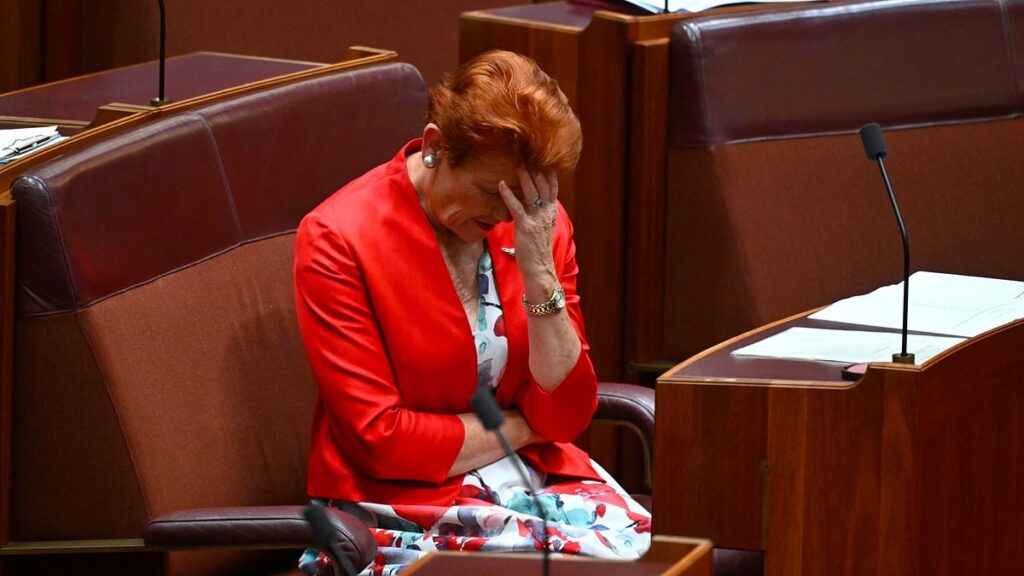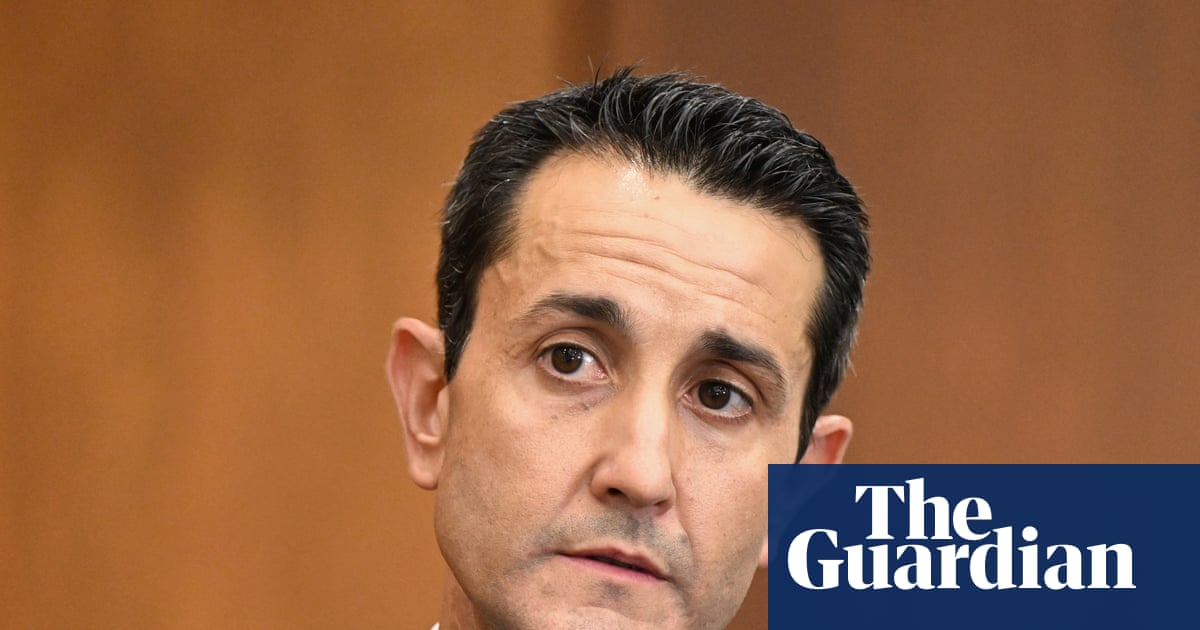
One Nation leader Pauline Hanson has sparked controversy by accusing Australian schools of confusing children with what she describes as misleading gender education. Her comments come after her seven-year-old grandson returned home from school with questions that left his family unsettled.
“Innocent kids are being fed lies in classrooms, lies about their bodies, their identity, and their families,” Ms. Hanson stated. She claims that children as young as four are being taught that they can choose their gender, a notion she strongly opposes.
Hanson’s Concerns Over Gender Education
According to Hanson, her grandson’s confusion arose after being told at school that he could choose whether to be a boy or a girl. This led to him asking his mother perplexing questions about gender and anatomy.
“My grandson asked his mother, ‘Where’s your penis?’ and ‘Where’s my vagina?'” Hanson recounted. She expressed concern over the impact of such teachings, arguing that they contradict biological realities and parental guidance.
The Debate on Gender Education
Hanson’s remarks have reignited the debate over gender education in Australian schools. She labeled the programs as “perverse rubbish” and accused them of indoctrinating young children with ideologies that are not aligned with biological facts.
The Victorian curriculum, for instance, teaches that gender is influenced by social and cultural factors, a perspective included in the Health and Physical Education curriculum under Relationships and Sexuality. Meanwhile, Tasmania’s Growing Up Program covers topics such as identity and respectful relationships, aiming to promote diversity and inclusion.
Historical Context and Current Practices
The controversy surrounding gender education is not new. In New South Wales, the Safe Schools program was discontinued in 2017 following criticism for promoting the idea that gender and sexuality are fluid. Critics argued that the program challenged traditional views of gender and sexuality.
Hanson has been vocal about her opposition to these educational approaches, claiming they cause “great distress and long-term harm” to children. She argues that the curriculum is implemented without sufficient parental consent or transparency.
Parental Concerns and the Rise of Homeschooling
As trust in the education system wanes, Hanson notes a rise in homeschooling among Australian families. She cited a 229 percent increase in homeschooled children in Queensland between 2009 and 2014 as evidence of growing parental discontent.
“Many families no longer trust the education system and are choosing homeschooling as their only option,” Hanson said, pointing to what she sees as a systemic failure to protect children from confusing ideologies.
Political Implications and Future Outlook
Hanson’s criticism extends to the political sphere, where she accuses the Liberal Party of failing to address the issue effectively. “The Liberals know it’s happening. They’ve seen the curriculum. But they’re too weak, too captured, and too gutless to act,” she asserted.
She positions One Nation as the sole political party willing to challenge the current educational practices, vowing to continue advocating for change. “We’ve been raising the alarm for years, and we will not stop,” Hanson declared.
The debate over gender education in Australia is likely to persist as parents, educators, and policymakers grapple with how to best address the complexities of gender identity in the classroom. As the conversation unfolds, the implications for educational policy and parental choice remain significant.







